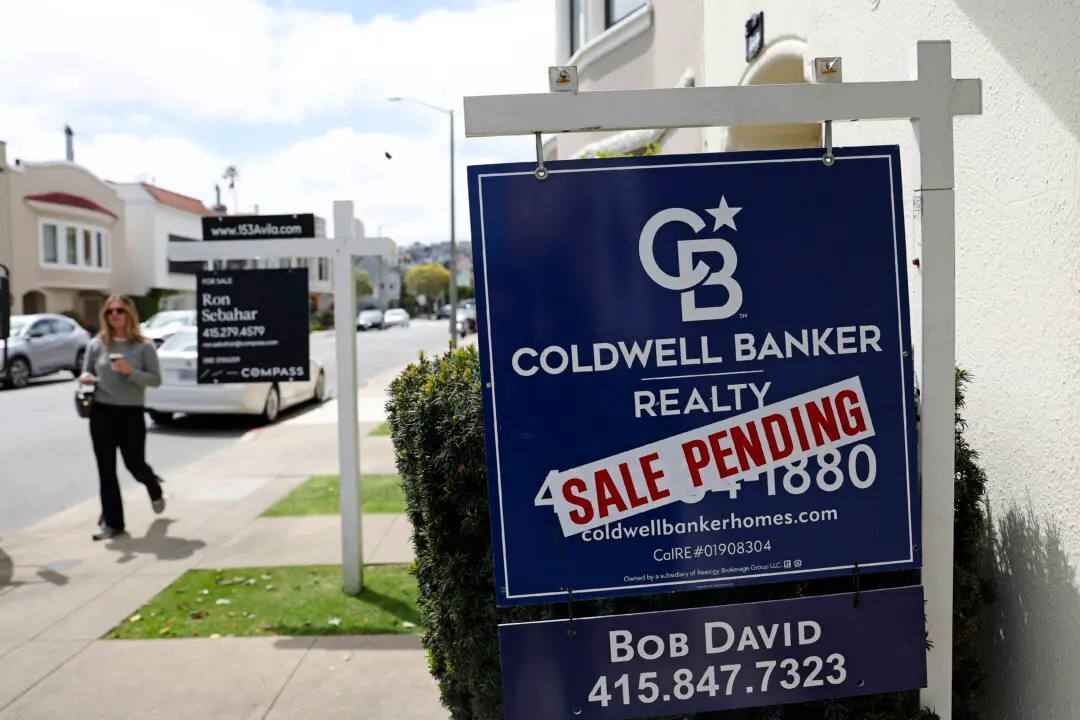Treasury Secretary Janet Yellen reiterated her projection that the U.S. debt ceiling default deadline is early June, when her department might exhaust the extraordinary measures that have been employed since January.
“It’s highly likely that we would run out of resources to meet all the government’s obligations in early June and possibly as early as June 1,” she said. “We no longer see very much likelihood that our resources will enable us to get to the middle or end of June.”
The stress she is observing in the financial markets, especially in bonds, “should be a reminder of the importance of reaching a timely agreement,” she said. Despite growing concerns that both sides will let the country default, Yellen said she believes that a debt limit agreement can still be reached between the White House and House Republicans.
“We simply have to raise the debt ceiling,” Yellen stated.
There has been some skepticism surrounding Yellen’s June 1 deadline, with several House Republicans urging the Treasury secretary to offer proof of her claims.
However, House Speaker Kevin McCarthy (R-Calif.) has accepted the June 1 deadline.

In a May 22 letter to congressional leadership, Yellen conceded that it’s “impossible” to provide an exact date when the Treasury can no longer pay the federal government’s bills. But she assured McCarthy that it’s “highly likely” that the Treasury will be unable to “satisfy all of the government’s obligations” if Congress fails to raise or suspend the debt limit by early June.
Rep. Garret Graves (R-La.), who has been the lead Republican negotiator on getting a debt ceiling deal, told reporters on May 23 that he can’t call Yellen’s forecasts into question.
Rep. Patrick McHenry (R-N.C.), the chair of the House Financial Services Committee, also accepts the June 1 deadline, alluding to Yellen’s “varied economic experience” and stating that she is a “straight shooter.” He confirmed that Yellen would appear before the panel on June 7, just days after the potential X-date.
“This is not a radical idea. Making sure that the United States continues to pay its bills regardless of whether the statutory increase in the debt ceiling is raised or not is an idea that has been supported by Republicans and Democrats,” he said.
“It must be exercised.”
But critics have suggested that invoking the 14th Amendment could result in economic uncertainty since the action would likely be challenged before the Supreme Court.
What the Experts Say
According to the Bipartisan Policy Center, the X-date could fall between June 2 and June 13. But nearing this date could trigger the worst-case scenarios.“Come early June, Treasury will be skating on very thin ice that will only get thinner with each passing day. Of course, the problem with skating on thin ice is that sometimes you fall through,” Shai Akabas, executive director of the think tank’s Economic Policy Program, said in a statement. “The longer policymakers wait to address the debt limit, the more likely our economic fate will be determined by external actors.”
A team of economists at Capital Economics stated that the immediate short-term concern in financial markets is the debt ceiling issue, citing rising credit default swaps and the gap between short-dated Treasury bill yields and other interest rates.
“That leaves ample room for a sell-off if Congress leaves the debt ceiling decision until the very last minute, risking an accident,” they wrote in a note.
The one-month Treasury yield touched an all-time high of 5.88 percent on May 22 before sliding back to 5.722 percent. The yield on the benchmark 10-year yield was little changed at about 3.7 percent.
Arthur Laffer Jr., the president of Laffer Tengler Investments, said he anticipates that the debt ceiling drama could cause the White House to “force the shutdown of non-essential services to conserve spending in order to get public opinion against Congress.”
“It is far easier to put pressure on a handful of swing congressional votes than sway just one person. For better or worse, we expect a fight with the U.S. taxpayer paying the bill as always,” he wrote.
Even if the government fails to make a single U.S. Treasury bond interest payment, there could be a risk of “contaminating the entire U.S. Treasury product,” ING economists warned.
A default could trigger a “crisis of confidence” and result in more restrictive lending conditions, leading to a recession.





